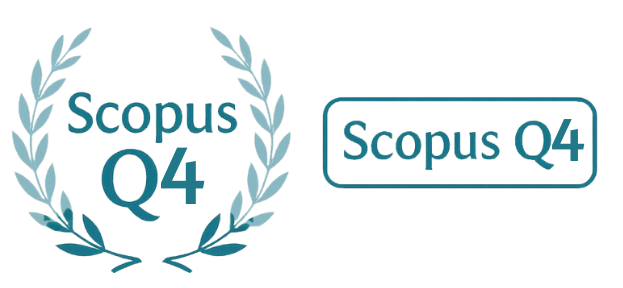Artikel (69)
Addresses the urgent need for a legal framework to regulate rock mining in the geologically fragile Palu–Donggala coastal region, where exploitation often conflicts with the constitutional Right to a Good and Healthy Environment (Article 28H of the 1945 Constitution). It examines the failure of lo...
Administrative and Environmental Law Review; Vol. 6 No. 2 (2025); 121-132 | 2025
This research examines the legal implications of changing the nomenclature from “environmental permits” to “environmental approvals” in Indonesia’s environmental licensing law. Moving beyond a conventional public law focus, it highlights the role of private law instruments in advancing cli...
Administrative and Environmental Law Review; Vol. 6 No. 2 (2025); 105-120 | 2025
The extensive legal framework governing maritime law enforcement in Indonesia has inadvertently created a proliferation of institutions with overlapping authorities and divergent jurisdictional interpretations, resulting in institutional silos that undermine coordinated operations and reduce enforce...
Administrative and Environmental Law Review; Vol. 6 No. 2 (2025); 91-104 | 2025
This manuscript presents a comparative analysis of environmental permitting frameworks in Indonesia and Malaysia, specifically focusing on their application to large-scale development initiatives, particularly National Strategic Projects (PSN) . As developing economies, both nations grapple with the...
Administrative and Environmental Law Review; Vol. 6 No. 1 (2025); 77-90 | 2025
This article examines the shortcomings of environmental law enforcement in Indonesia concerning culpa (negligence) by individual offenders. Criminal sanctions in such cases often produce superficial “greenwashing” verdicts, where penalties appear strict yet fail to deliver substantive justice or...
Administrative and Environmental Law Review; Vol. 6 No. 1 (2025); 61-76 | 2025
Land disputes in Indonesia often encounter legal uncertainty due to the rigid separation of judicial authority between district courts, which adjudicate ownership disputes, and state administrative courts (PTUN), which review the legality of land ownership certificates. This jurisdictional divide fr...
Administrative and Environmental Law Review; Vol. 6 No. 1 (2025); 45-60 | 2025
The management the mining sector is under the state’s authority as mandated by the Indonesian Constitution. The principle of Hak Menguasai Negara (State’s Right to Control) grants the state comprehensive authority over mining activities, including policy-making, licensing, and supervision. Howev...
Administrative and Environmental Law Review; Vol. 6 No. 1 (2025); 33-34 | 2025
The ongoing debate over the single bar system for advocate organizations in Indonesia, which remains unresolved in the Draft Law on Amendments to the Advocate Law. Using a normative juridical method with philosophical, comparative, and conceptual approaches, the research analyzes the single bar conc...
Administrative and Environmental Law Review; Vol. 6 No. 1 (2025); 23-32 | 2025
The omnibus law is a legislative technique designed to streamline regulations by consolidating diverse legal norms into a single statute. In Indonesia, this method has been adopted through the Job Creation Law to enhance legislative efficiency and stimulate economic growth. However, its implementati...
Administrative and Environmental Law Review; Vol. 6 No. 1 (2025); 1-22 | 2025
This research focuses on an ideal model of mediation implementation that may be applicable as a strategy to increase the success of litigation on the License to Open State Land (LOSL). The research method is normative juridical research with a statutory and conceptual approach, using futuristic inte...
Administrative and Environmental Law Review; Vol. 5 No. 2 (2024); 191-206 | 2025



